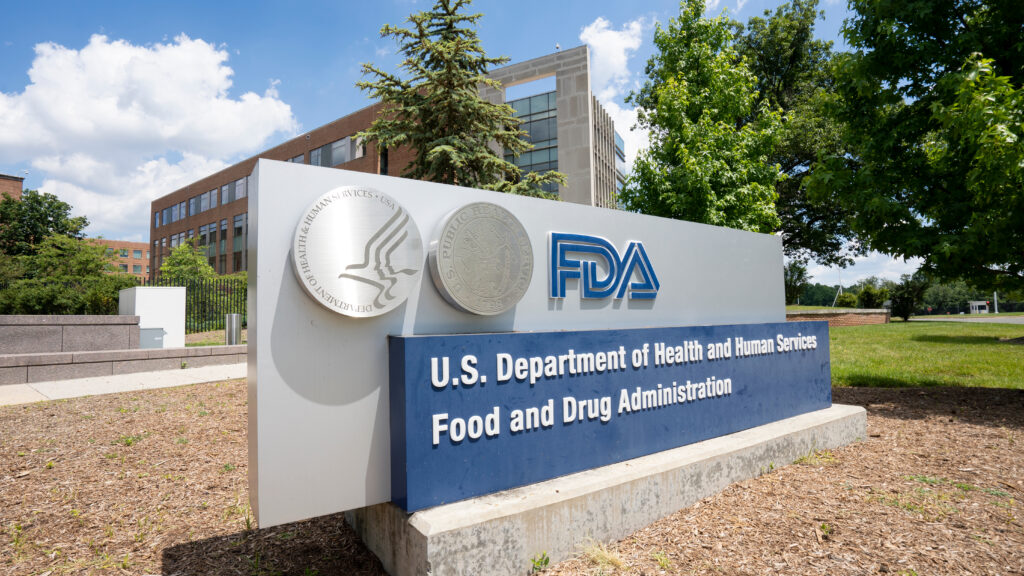Business
FDA Drug Approval Slowdown Impacts Pharmaceutical Industry

The pharmaceutical industry is experiencing significant challenges as the Food and Drug Administration (FDA) faces operational disruptions. According to an analysis by RBC Capital Markets, the rate of drug approvals has dropped markedly in the third quarter of 2023, with a rise in application rejections and delays in the review process.
The approval rate for new drugs fell to 73% in the recently concluded quarter, a decline from an average of 87% over the previous six quarters. This sharp decrease highlights the growing difficulties within the agency. Furthermore, the analysis noted that the rate of rejected marketing applications reached 15%, up from what RBC termed a historical average of 10%.
In addition to the declining approval rates, the FDA’s ability to meet deadlines for completing application reviews has also diminished. The delay rate now stands at 11%, a significant increase from an average of 4%. This combination of factors suggests a troubling trend for both pharmaceutical companies and patients awaiting new treatments.
The FDA’s operational challenges come at a time when timely drug approvals are crucial for public health. Delays in bringing new medications to market can have serious implications, particularly in areas such as oncology or rare diseases, where innovative treatments can dramatically improve patient outcomes.
Analysts point out that these trends may be reflective of broader organizational issues within the FDA, including resource allocation and staffing challenges. The agency has faced scrutiny in recent years over its ability to balance drug approval processes with ensuring safety and efficacy.
The implications of this slowdown extend beyond the FDA itself. Pharmaceutical companies rely on timely approvals to drive revenue and support research and development efforts. A prolonged slowdown in approvals could hinder innovation and investment in the sector, with potential downstream effects on the healthcare system.
As the FDA navigates these challenges, stakeholders in the pharmaceutical industry will be closely monitoring changes in approval rates and application processing times. The ability of the agency to adapt and respond effectively to these pressures will be crucial in determining the future landscape of drug development and availability.
This analysis serves as a critical reminder of the importance of efficient regulatory processes in the pharmaceutical industry. As patient needs continue to evolve, the FDA’s role in facilitating access to new treatments remains vital.
-

 Science2 weeks ago
Science2 weeks agoIROS 2025 to Showcase Cutting-Edge Robotics Innovations in China
-

 Politics2 weeks ago
Politics2 weeks agoJudge Considers Dismissal of Chelsea Housing Case Citing AI Flaws
-

 World2 weeks ago
World2 weeks agoBravo Company Veterans Honored with Bronze Medals After 56 Years
-

 Top Stories2 weeks ago
Top Stories2 weeks agoIndonesia Suspends 27,000 Bank Accounts in Online Gambling Crackdown
-

 Lifestyle2 weeks ago
Lifestyle2 weeks agoStone Island’s Logo Worn by Extremists Sparks Brand Dilemma
-

 Health2 weeks ago
Health2 weeks agoStartup Liberate Bio Secures $31 Million for Next-Gen Therapies
-

 Sports2 weeks ago
Sports2 weeks agoMel Kiper Jr. Reveals Top 25 Prospects for 2026 NFL Draft
-

 Health2 weeks ago
Health2 weeks agoTop Hyaluronic Acid Serums for Radiant Skin in 2025
-

 World2 weeks ago
World2 weeks agoHoneywell Predicts Record Demand for Business Jets Over Next Decade
-

 Sports2 weeks ago
Sports2 weeks agoYamamoto’s Mastery Leads Dodgers to 5-1 Victory in NLCS Game 2
-

 Politics2 weeks ago
Politics2 weeks agoNew Jersey Voters Urged to Register Ahead of November Election
-

 Lifestyle2 weeks ago
Lifestyle2 weeks agoMary Morgan Jackson Crowned Little Miss National Peanut Festival 2025









